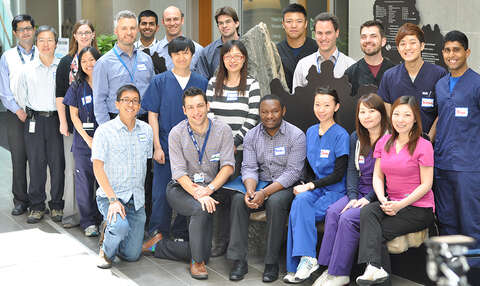Mobile Menu
-
Education & Continuing Education
- Bachelor of Science in Medical Radiation Sciences
- Medical Physics Residency
- Radiation Oncology Residency
- Radiation Oncology Fellowship
- Visiting and Elective Residents and Fellows
- Clinical and Experimental Radiobiology Course
- MR-integrated Radiation Therapy Training Program
- Learner Mistreatment
- Electives and Observerships
- MSc and PhD
- Student Life and Resources
- STARS21
- Teaching Evaluations
- Events
- Research
-
Faculty & Staff
- Faculty Directory
- Careers
-
Information for Faculty
- Academic Appointment Request
- Benefits for Full-time and Full-time Equivalent Clinicians
- Conflict of Interest Declarations
- Continuing Appointment Review
- Continuing Professional Development (CPD) Awards
- Cross Appointments
- Departmental Awards
- Expense Reimbursement for Faculty
- External Faculty Awards
- External Trainee Awards
- Graduate Appointments
- Opportunity to Waive Elsevier Open Access Publishing Fees
- Senior Promotions
- Pathways for Faculty Concerns & Grievances
- Resources for Faculty
- Alumni
- Equity, Diversity, Inclusion and Professionalism
- Support Now
- About Us

